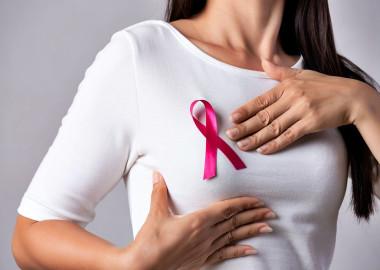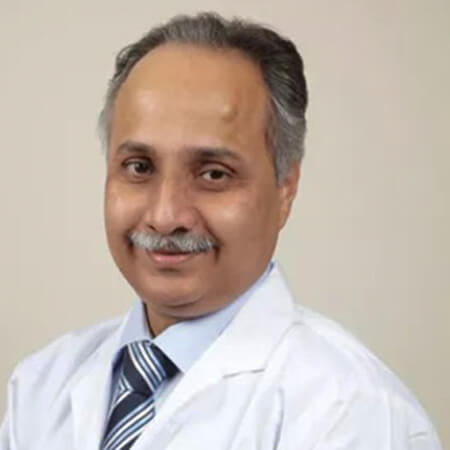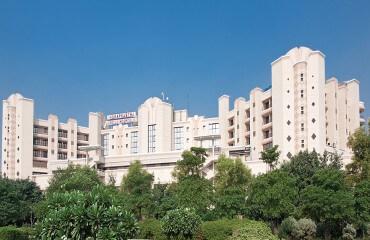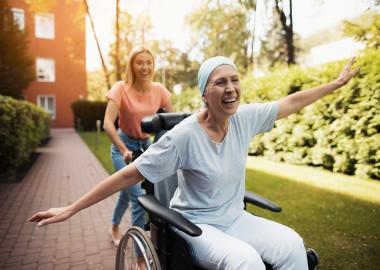Like any surgery, breast cancer surgery is also associated with certain risks and complications. These are listed below:
Seroma: Excess fluid accumulate at the surgery site after mastectomy and lumpectomy. Signs of seroma include drainage from the incision, increasing swelling and increasing pain.
Wound bleeding: There might be a small amount of blood on the wound dressing after the surgery. The nurse will check your dressing after the surgery. Talk to your doctor or nurse immediately if there is more bleeding.
Hematoma: This occurs when surgery site is filled up with blood and there may be a sudden onset of pain and swelling. This complication requires urgent medical attention.
Infection: There may be signs of infection such as chills, nausea, redness, a fever, vomiting and pain at the incision location. The also might be discomfort that does not go away with medications. Infection is a very common risk in any surgery. Antibiotics is generally prescribed to treat the infection. You may require to stay in the hospital longer in case you need antibiotics via a drip.
Nerve pain: You may experience numbness, a shooting pain or tingling in the armpit, shoulder, upper arm or chest wall. This happens because of damage to nerves during the surgery. The nerves generally gets repaired themselves, but it may take several weeks or months.
Shoulder stiffness: The shoulder may become stiff or painful after breast cancer surgery or lymph node removal. Your nurse or physiotherapist will tell you what exercises to do following your operation that helps improve movement in your shoulder.
Doctors understand that breast cancer generally occurs when some breast cells starts to grow abnormally. These abnormal cells multiply more rapidly than healthy cells and continue to build up, leading to the formation of a lump or mass. Researchers have identified lifestyle, environmental and hormonal factors that may raise your risk of breast cancer. But it is still unclear why some people with no risk factors get cancer, while other people with some risk factors never develop it. It is likely that breast cancer results due to a complex interaction of a person’s genetic makeup and their environment.
Limit alcohol consumption
Maintain a healthy weight
Indulge in physical activity
Breastfeeding
Avoid hormone therapy after menopause
Quit smoking
Genetic counseling and testing
Preventive surgery
Healthy diet
Manage stress
Reduce intake of saturated fat



